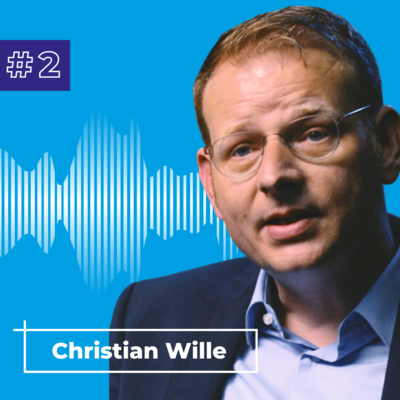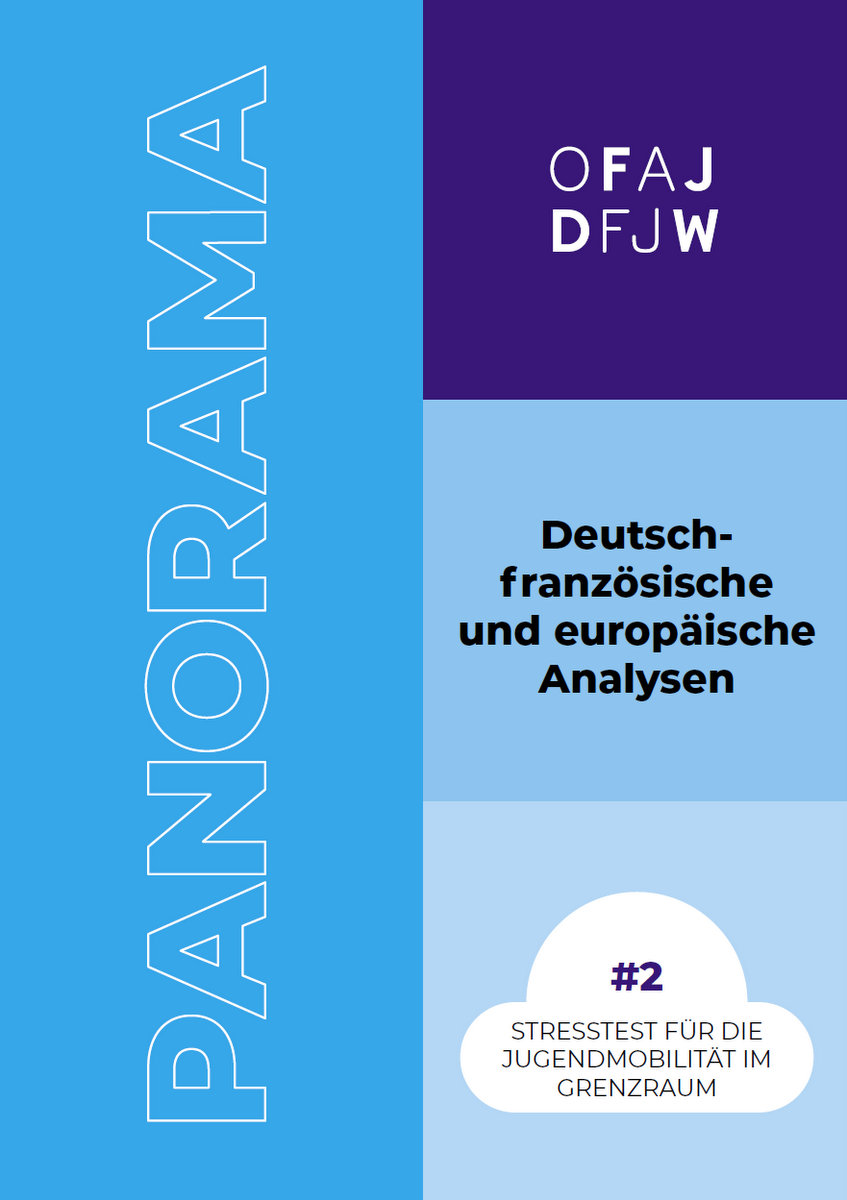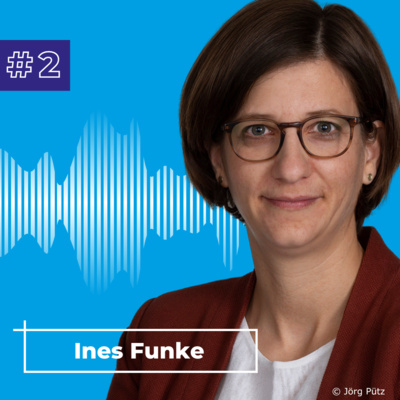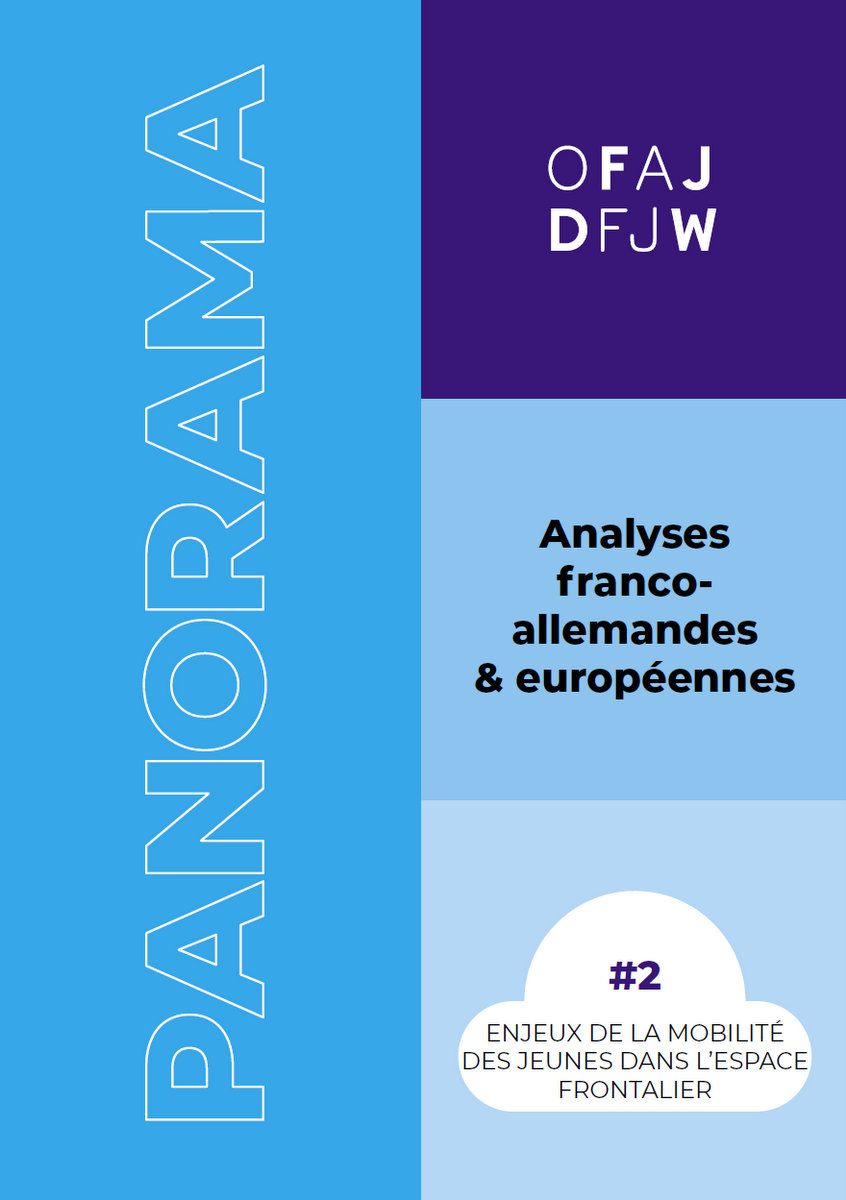Cross-border vocational training & study during the pandemic
Cross-border vocational training & study during the pandemic
Cross-border dual vocational training and university courses are a fact of life in the French-German border regions. During the Covid-19 pandemic, however, apprentices and students on such European courses were faced with huge challenges. With the borders closed, they were cut off from the partner country and as a result cross-border learning was only possible to a very limited extent. Although stays abroad could be partially fulfilled thanks to online activities, these could not replace the on-site intercultural experiences of everyday and student life. Ines Funk (Saarland University) and Christian Wille (University of Luxembourg) examine these and other experiences in a scientific study conducted on behalf of the Franco-German Youth Office (FGYO).
© DFJW-OFAJ 2022
Apprentices and students in crisis mode
The cross-border study looks at young people who, in retrospect, were granted virtually no consideration in the pandemic. First of all, the authors analyse the impact of the pandemic on vocational training across the German-French border. They base their findings on a number of interviews, which provide insights into the dynamics of cross-border cooperation in the vocational field at a time which was characterised not only by Covid-19, but also by institutional restructuring. The authors then go on to present the results of their own survey of students on bachelor's and master's courses in the border areas of the Greater Region. The survey was coordinated by Saarland University and provides information on the physical and virtual mobility of students, on their social contacts and their counselling and support needs during 2020 and 2021. The results are illustrated with concrete examples from students on the tri-national UniGR master's course in Border Studies.
Crisis-proof cross-border training courses
The experiences of apprentices and students on cross-border training courses and the insights that the regional actors in cross-border vocational training provide allow some conclusions and thoughts for the future. In this respect the authors equate the pandemic situation with a stress test, which has made it clear that the specificities of the cross-border training offer are not always sufficiently firmly anchored in political and administrative processes. The framework conditions necessary to cross-border education should, however, be secured without fail ready for any future crisis situations. In addition to operational requirements, this includes, above all, trust-based French-German cooperative relations, which became strained for a time when the borders were closed blocking joint action by the institutions responsible.
|
|
 |
|
Listen to the German Podcast episode |
|
 |
Download the study (German version) Funk, Ines / Wille, Christian (2022): Stresstest für die Jugendmobilität im Grenzraum. Grenzüberschreitende Berufsausbildung und Studium während der Pandemie – Erfahrungen und Perspektiven [A stress test for youth mobility in the border area. Cross-border vocational training and study during the pandemic - experiences and perspectives]. Panorama. Deutsch-französische und europäische Analysen 2. Deutsch-Französisches Jugendwerk, Berlin, online: www.dfjw.org/panorama-2 |
|
|
|
Download the study (French Version) Funk, Ines / Wille, Christian (2022): Enjeux de la mobilité des jeunes dans l’espace frontalier. Apprentissages et cursus universitaires transfrontaliers pendant la pandémie : expériences et perspectives [A stress test for youth mobility in the border area. Cross-border vocational training and study during the pandemic - experiences and perspectives]. Panorama. Analyses franco-allemandes et européennes 2. Office franco-allemand pour la Jeunesse, Paris, online: www.ofaj.org/panorama-2 |
|
|
|
The study was supported by the German-French University (DFH-UFA) and the UniGR-Center for Border Studies (UniGR-CBS).
Contact
Ines Funk (Saarland University)
Christian Wille (University of Luxembourg)


